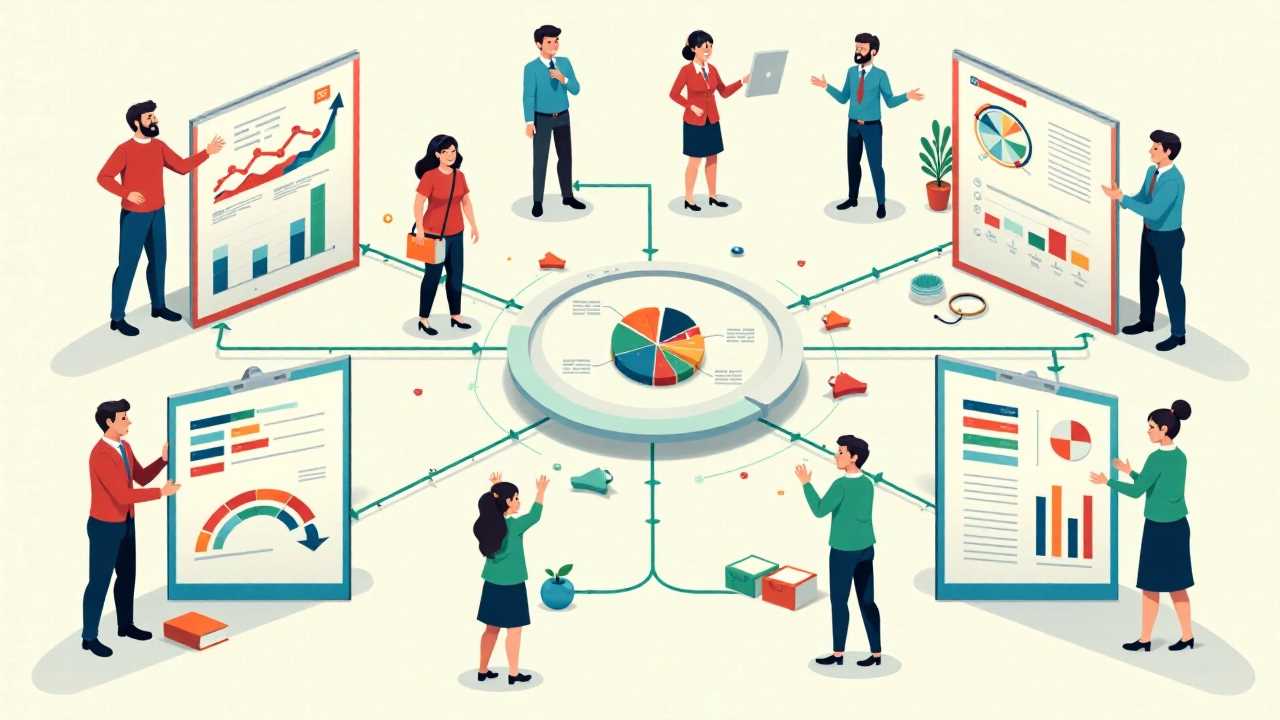
Understanding Gifted Education Resources
Gifted education resources are vital for fostering the potential of exceptional learners. These resources encompass a wide range of tools and strategies designed to meet the unique needs of gifted students. By implementing tailored approaches, educators can create an environment that nurtures creativity, critical thinking, and advanced problem-solving skills. Our focus is on providing comprehensive insights into differentiation strategies, enrichment programs, individualized support, curriculum modifications, learning accommodations, and assessment tools that are crucial for the success of gifted learners.
Differentiation Strategies for Gifted Learners
Differentiation strategies are fundamental in addressing the diverse needs of gifted students. These strategies involve modifying content, process, and product based on the learner's readiness, interests, and learning profile. One effective approach is tiered assignments, which allow students to work at varying levels of complexity on the same topic. This method ensures that all students are engaged and challenged appropriately.
Another strategy is compact curriculum, where educators streamline the standard curriculum for gifted learners, allowing them to progress more quickly through material they already understand. This approach not only saves time but also enables students to delve deeper into subjects that pique their interest. Flexible grouping is also essential, as it allows students to collaborate with peers of varying abilities, fostering a rich learning environment where they can share ideas and challenge one another.
Enrichment Programs: Expanding Horizons
Enrichment programs play a crucial role in providing gifted students with opportunities to explore subjects beyond the standard curriculum. These programs can take various forms, including after-school clubs, summer camps, and specialized workshops. They are designed to stimulate curiosity and encourage exploration in areas such as science, technology, engineering, arts, and mathematics (STEAM).
One notable example of an enrichment program is the Project-Based Learning (PBL) framework, where students engage in hands-on projects that require critical thinking and collaboration. PBL not only enhances knowledge but also develops essential skills such as communication, creativity, and problem-solving. Schools can also partner with local organizations and universities to offer mentorship programs, allowing gifted learners to work alongside professionals in their fields of interest.
Individualized Support: Tailoring Education to Each Learner
Individualized support is paramount in ensuring that gifted learners receive the attention and resources they need to thrive. This support can take many forms, including one-on-one tutoring, mentorship, and personalized learning plans. Educators must assess each student's strengths and weaknesses to create a tailored approach that aligns with their unique learning style.
Learning contracts are an effective tool for providing individualized support. These contracts outline specific goals and expectations for gifted students, allowing them to take ownership of their learning. Regular check-ins and assessments ensure that students remain on track and can adjust their goals as needed. Additionally, involving parents in the process fosters a collaborative environment that supports the student's growth.
Curriculum Modifications: Adapting to Gifted Learners
Curriculum modifications are essential for meeting the needs of gifted students. These modifications may involve altering the depth and breadth of content, pacing, and instructional strategies. For instance, educators can introduce accelerated learning paths, allowing gifted students to progress through the curriculum at a faster rate.
Another effective modification is integrating advanced topics into the existing curriculum. For example, introducing high school-level mathematics concepts to middle school students can challenge them and keep them engaged. Additionally, incorporating interdisciplinary approaches allows students to make connections across subjects, fostering a deeper understanding of complex concepts.
Learning Accommodations: Ensuring Accessibility
Learning accommodations are necessary to create an inclusive environment for gifted learners. These accommodations may include providing additional time for assignments, offering alternative assessment methods, or allowing students to work in quieter settings. The goal is to remove barriers that may hinder a gifted student's ability to excel.
Flexible deadlines can also be beneficial, as they allow students to manage their time effectively while pursuing advanced projects. Providing access to technology and resources, such as advanced software or online courses, further supports gifted learners in their educational journey.
Assessment Tools: Measuring Growth and Progress
Assessment tools are critical for evaluating the progress of gifted students and ensuring that their educational needs are being met. Traditional assessments may not accurately reflect the abilities of gifted learners, so educators must employ a variety of assessment methods.
Performance-based assessments allow students to demonstrate their knowledge and skills through projects, presentations, and portfolios. These assessments provide a more comprehensive view of a student's capabilities and creativity. Additionally, using formative assessments throughout the learning process helps educators identify areas where students may need additional support or enrichment.
A Holistic Approach to Gifted Education
Empowering gifted learners requires a multifaceted approach that encompasses differentiation strategies, enrichment programs, individualized support, curriculum modifications, learning accommodations, and effective assessment tools. By leveraging these resources, educators can create a dynamic learning environment that nurtures the unique talents of gifted students. Investing in these essential resources not only benefits gifted learners but also enriches the entire educational community, fostering a culture of excellence and innovation.
 Careers in EducationElementary EducationHigh School EducationEducational TechnologyTeaching StrategiesSpecial EducationPrivacy PolicyTerms And Conditions
Careers in EducationElementary EducationHigh School EducationEducational TechnologyTeaching StrategiesSpecial EducationPrivacy PolicyTerms And Conditions
